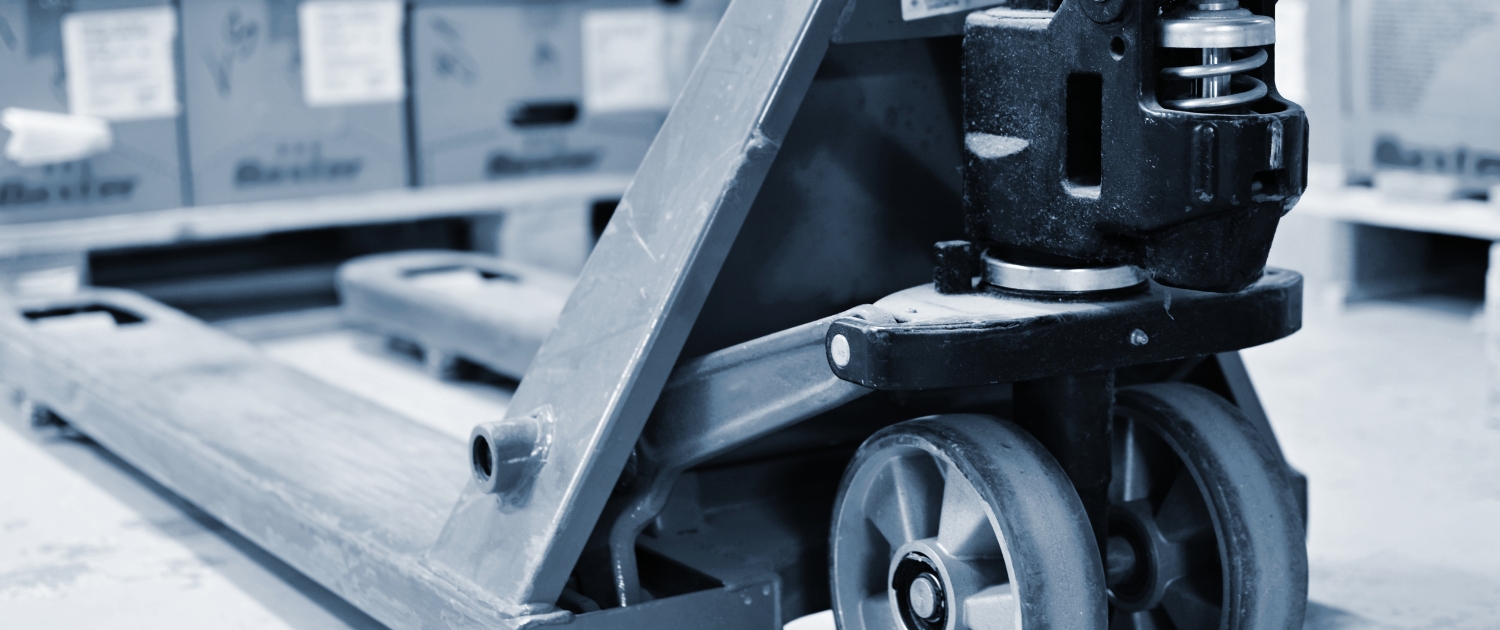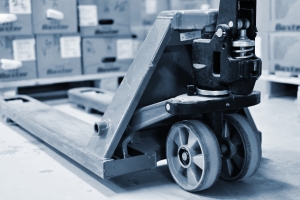Cedar is a leading exporter of Pure Ceylon Tea, Moringa Tea, Moringa Powder, which could be supplied under your brand and in a selection of different packaging such as Tea Bags, Packets, bulk or in Specialty Packaging.
Cedar also exports Coconut Products such as Virgin Coconut Oil in glass jars & bottles and Desiccated Coconut and Charcoal in bulk bags and Natural Rubber in the form of latex or sheet from Sri Lanka, which carry behind it a rich heritage and success story like no other.
If your interest is in pure Ceylon tea, Moringa, Coconut products or Natural Rubber stems from a business angle, we are the people to come to. We deliver Sri Lanka’s best quality to Europe, the Middle East, Far East & Oceania.
Cedar is also a regular exporter from Australia of some of the finest Australian Wine, Lamb / Beef and Dairy products
Ceylon Tea ~ A story worth telling
The story of Ceylon tea begins over two hundred years ago, when Sri Lanka, was still a British colony. When the British journeyed across oceans to Ceylon, as we were then known, Coffee was the dominant crop on the island.
During the 1860’s the coffee plantations were struck by disease. As the coffee crop died, planters switched to the production and cultivation of tea. And that’s where the story of tea began. The 1st few experimental plants of tea arrived from Assam and Calcutta through the East India Company and commercial cultivation of tea commenced in 1867. Reflecting on the bold initiative, Sir Arthur Conan Doyle stated that, “…the tea fields of Ceylon are as true a monument to courage as is the lion at Waterloo”.
James Taylor, a Scotsman, played a significant role in the development of Ceylon Tea. A perfectionist by nature, Taylor experimented with tea cultivation and leaf manipulation in order to obtain the best possible flavour from the tea leaves. Taylor’s methods were emulated by other planters and soon, Ceylon Tea was being favourably received by buyers in London, proving that tea could be a profitable plantation crop. By the 1880s almost all the coffee plantations in Ceylon had been converted to tea. British planters looked to their counterparts at the East India Company and the Assam Company in India for guidance on crop cultivation. Coffee stores were rapidly converted to tea factories to meet the demand for tea. As tea production in Ceylon progressed, new factories were constructed, and an element of mechanization was introduced, and Ceylon tea gained in popularity throughout the world. Today Ceylon Tea has become one of the key foreign exchange earners in Sri Lanka.




